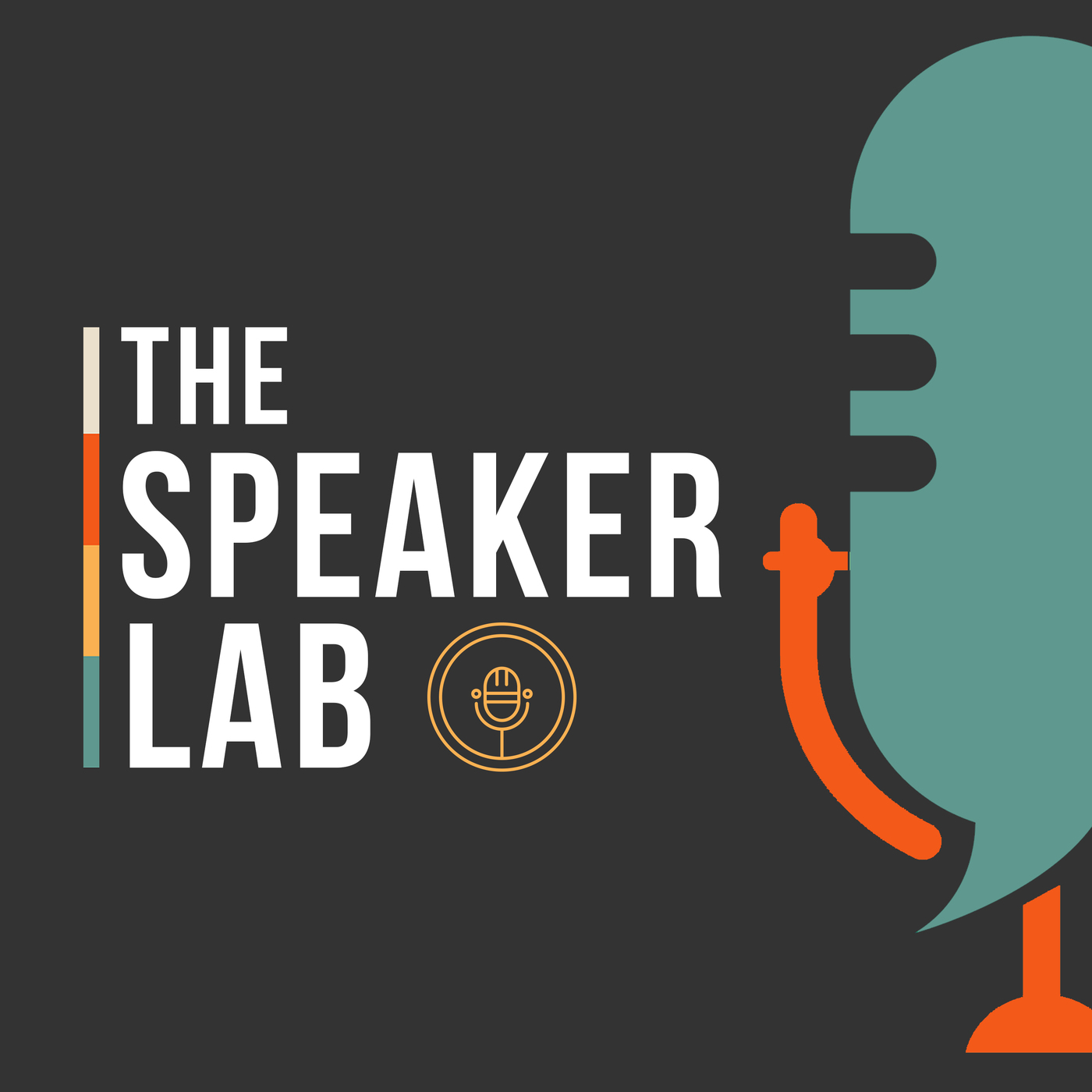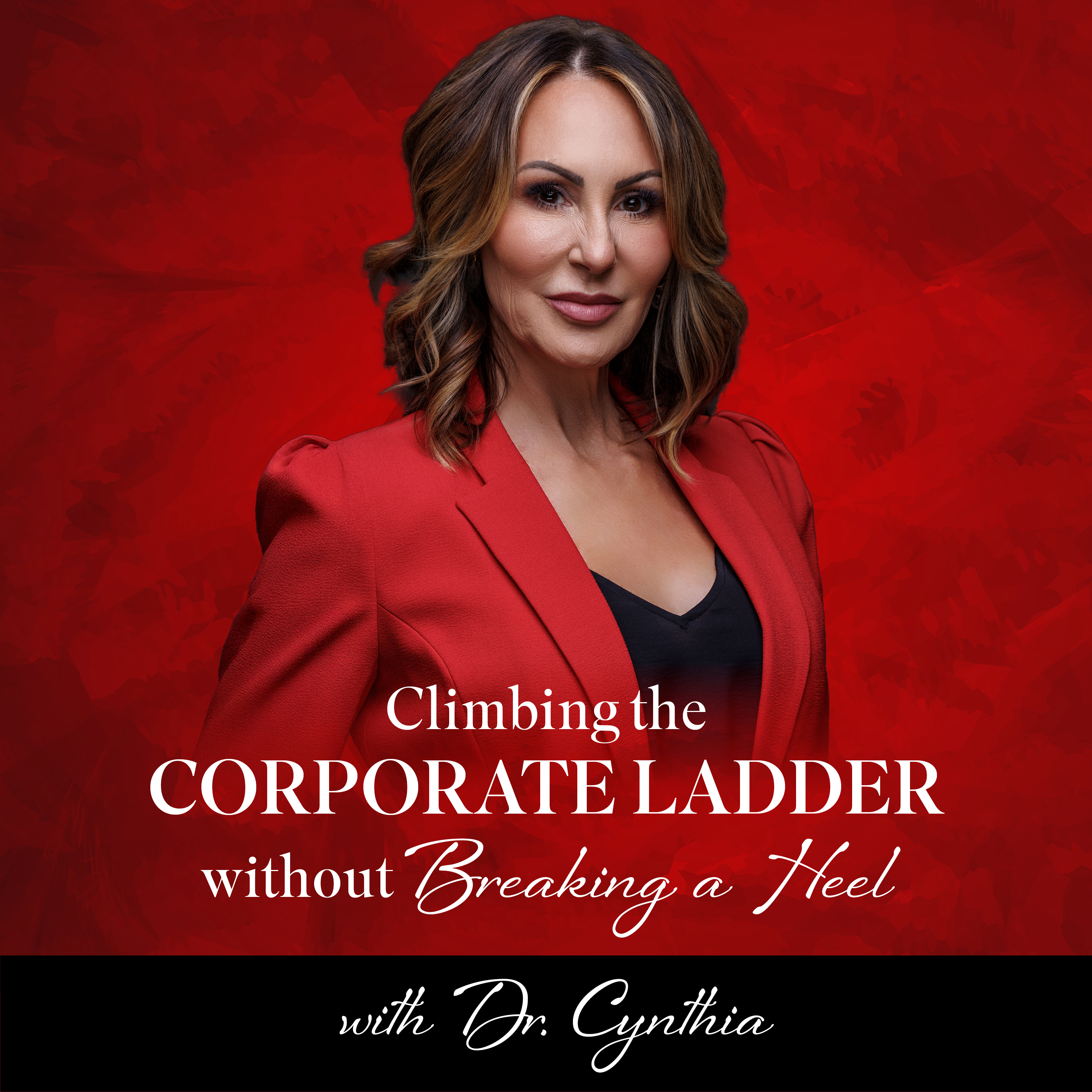
Delay the Binge™ with Pam Dwyer
Formerly The Plus One Theory Podcast, this show has evolved into Delay the Binge™, where we explore the small, powerful shifts that help you pause with purpose, break painful patterns, and reclaim who you are.
Delay the Binge™ with Pam Dwyer
Episode 49: Maintenance Begins Before The Tool
We share a health scare that reframes maintenance through kindness and nervous system safety, then walk through ten lessons that make change last. Tools matter, but emotional regulation and the purposeful pause do the heavy lifting.
• plus one theory and mission
• ICU story and why kindness sustains change
• limits of tools for dysregulated wiring
• maintenance before the tool as foundation
• ten core maintenance lessons explained
• action before motivation to build momentum
• purposeful pause to break reflex loops
• identity work and structure over goals
• reassurance that you are rewiring not failing
• holiday stories launch and community invitation
If you're not on my list yet, head over to pamdwyerspeaker.com and join. You'll get access to the entire Christmas series, and you'll get new stories every Tuesday. If this episode helped you, send it to someone who needs hope today.
This is Delay the Binge™, formerly The Plus One Theory Podcast
Delay the Binge™ is a trademark of TPKK Concepts LLC.
© 2025 Pam Dwyer. All rights reserved.
Learn more: DelayTheBinge.com
Storytelling that transforms. Healing that lasts.
From bestselling author Pam Dwyer (PJ Hamilton).
Books + speaking: PamDwyer.com
Hey friends, I'm really glad you're here today. Welcome back to the Plus One Theory Podcast, where I help people who know what they should do, but keep falling into the same patterns. And I teach you how to pause with purpose, break the cycle of brokenness, and finally live the life you've been trying to create. One powerful shift at a time. So okay. Before we get into today's episode, though, I need to share something with you. Something personal and honestly, something I'm still wrapping my head around. So if you didn't know, my husband and I just got back from a cruise. And what most people didn't see was that I was sick the entire time. Not the oh I'm tired, maybe I ate something weird. Nope. I was sick sick. Like I couldn't stand up without feeling dizzy, my stomach was hurting, and I had no energy at all. Not a fun week. And when we got home, it got worse pretty fast. So within a few hours, the paramedics came and I was taken to the hospital and put into the ICU for a few days. Doctors were looking at my labs in total disbelief because my hemoglobin, which is normally around an eleven or twelve, was at a four. A four. Every nurse and every doctor said the same thing. They said, Pam, we don't understand how you were even walking around, girl. And listen, I didn't either. They ended up giving me four pints of blood, and after a few days of some truly incredible care, we found the culprit a bleeding ulcer. Who knew? I didn't even know I had an ulcer. And here's what blows my mind. One week ago I was fighting for stability. One week ago my body was screaming for help. And now today, here I am, talking to you, recording this episode. Life is so crazy, isn't it? It's unpredictable, it's messy. And it can sideswipe you without warning. And you know what's really interesting? This week also happens to be World Kindness Day. Well today is the thirteenth. And that hit me differently this year because kindness wasn't just a social media post that I, you know, scrolled past and said, Oh, it's World Kindness Day. Nope. It was the nurses holding my hand, the doctors explaining every single step to me, the strangers who were praying for me, the kindness I had to give myself when fear crept in. Kindness carried me through something really scary, really scary for me, and it reminded me in a very deep way that kindness is not weakness. Kindness is maintenance, it's emotional regulation, and it's safety. And that's exactly why today's episode matters. Because when life surprises us, whether it's with overwhelm, relapse, old patterns, or an unexpected hospital stay, kindness, not willpower, is what helps us pause instead of panic. So today we're talking about something almost no one teaches the truth about maintenance, why we struggle with it and why tools aren't enough, and how kindness is the foundation for change that actually lasts. Alright, my friends, let's get started with today's episode, shall we? So here's something I want to say right from the start. I didn't create delay the binge because I wanted another program or another system. I created it because I was tired of seeing people blame themselves for failing tools that were never built to fix the thing that was actually hurting. And you know what I mean when I say tools, right? Because we've all used them. Let's list a few, because they're everywhere now. The GLP1 meds like Weigo V, Ozimpic, Moderno, Zepp Bound, Bariatric Surgeries, there's the sleeve, the bypass, balloons, all the structured plans like Octavia, E2M, Weight Watchers, and Noom. And then there's the tracking apps, MyFitnessPal, uh Lose It. Then there's the watches, Apple Watch, Fitbit, a cool aura ring that I really want to get. The high accountability programs like Orange Theory, CrossFit, even therapy tools, CBT worksheets, grounding exercises, and journaling apps. Yay journaling. Listen, every single one of these tools works. They help, they save lives, they change lives, and some of them changed mine. But here's the truth. None of them can regulate a dysregulated nervous system. None of them can interrupt trauma related eating, and none of them can teach emotional safety. None can pause a binge urge. None can calm your body when you're spiraling out of control. And when the emotional part underneath isn't addressed, every tool, and I mean every tool, eventually runs into the same wall. Like relapse, regain, burnout, shame, overwhelm, the I was doing so good until moment. It's not failure, y'all. It's wiring. And that's why I created delay the binge to fill in the part the tool can't touch. The emotional maintenance piece. Delay the binge teaches you how to pause the reflex, regulate your nervous system, feel the urge without acting on it, and choose differently. Build safety inside yourself. Not after the tool and not during the backslide, but before the tool ever starts. Because when you learn how to maintain first, everything changes. You know, I as I learned on my own after my bariatric surgery, I wondered why I wasn't taught maintenance before the surgery. You know, it would have made my struggle, my transition so much easier. I mean, it's gonna be difficult no matter what. It's a whole new way of eating, a whole new way of life. But I came up with these um lessons, top ten lessons on maintenance. So let's get into the heart of today's episode. These lessons I wish someone had handed me decades ago. So lesson number one is maintenance begins before the tool, not after, not someday, and not once I lose the weight. Maintenance is the foundation. Lesson number two is tools don't fail people. Patterns do. If the emotional pattern stays the same, the tool can only take you so far. And lesson three, we relapse after success, not failure. That's when the nervous system panics because success is unfamiliar. It wants to go back to the old ways, what it knew. Your brain. Lesson four, maintenance is 90% emotional regulation. If your body doesn't feel safe, your habits won't stick. Lesson number five. Self-sabotage is usually like self-protection. Your brain is not against you, it's trying to get you back to what it knows. Lesson six is consistency isn't discipline, it's devotion. It's my most favorite thing. I don't like to use that word discipline. It's harsh. I prefer devotion. Discipline says do better. Devotion says you're worth showing up for. And lesson seven is you fall to the level of your structure, not your goals, not your motivation, your structure. And if you don't have one, I can help you build one. Lesson eight is you cannot white knuckle transformation. Bottom line. Shame and perfectionism always lead to collapse every time. And lesson nine, patterns are not personality. You're not just like this or born this way. You learned it. And you can unlearn it. Teach your brain some new patterns. Lesson ten, maintenance requires identity work. Let me say that again. Maintenance requires identity work. You behave like the person you believe yourself to be or the person you want to be. Identity drives everything. Let's figure out who you really are. And here's the bonus, lesson eleven. Motivation isn't the starting point. Action is. Alright, this one is huge. Game changer huge. We all think we need motivation first to do anything. Like motivation is the spark that gets us going. Nope. Motivation is an echo, not a spark. Motivation comes after the smallest of actions, after the pause, after the plus one, after you prove to your brain, hey, it's safe to move here. Action creates momentum. Momentum creates motivation. And motivation sustains what action began. So if you're waiting to feel ready, stop waiting. Take the smallest step you can. Motivation will meet you after you move. Maintenance is lifelong, y'all. This isn't a 30 day challenge. This isn't something you finish. Maintenance is a relationship with yourself. It's a conversation, a practice, a kindness. And it lasts a lifetime. Every single lesson today leads to this one moment, the purposeful pause. The pause is where the reflex breaks. It's where you breathe again. It's where you give yourself a second to decide instead of reacting immediately. That one moment, that one breath, that one decision is where the cycle breaks. That's why the pause is the heart of delay the binge and the foundation of the plus one theory. If you're stuck in repeated patterns, and if you've started over more times than you can count, if you feel ashamed that you should know better by now, friends hear me. You are not failing. You are rewiring. Your nervous system isn't fighting you. It's trying to protect you the only way it knows how. And the fact that you're here, listening, learning, wanting change, that says something about who you are. You're not behind. You're becoming one powerful shift at a time. Thank you for being here today. This episode came from a deep place for me, and I hope it met you in a meaningful place. And before I go, I want to tell you something I'm really excited about. So it's the holiday season, right? We got Thanksgiving coming and then Christmas and then the new year. I'm writing some Christmas short stories as PJ Hamilton, and I actually officially went live with the very first story yesterday, which was sent out to everyone I could possibly find to encourage them, if they love the story, to encourage them to sign up on my mailing list, join my mailing list so they can see, you know, a new Christmas story every single every single week. And they are some of my best stories, some of my best work. Heartfelt, nostalgic, a little funny, a little messy, all real, all from the piney woods. Every Tuesday, all through the season, I'm sending a brand new Christmas story straight to your inbox. If you're not on my list yet, head over to you can go to pamdwyerspeaker.com and join. You'll get access to the entire Christmas series, and you'll get new stories every Tuesday. And you'll be the first to know when we launch the Delay the Binge event. And when the new books are ready to release. Yes, I'm writing new books. I have three of them. And one is my first attempt at fiction. Fantasy. And it's gonna be amazing. Seriously, I don't want you to miss anything. I want you to be with me on this journey. So join me. Come be part of this community, and remember, I help people who know what they should do, but keep falling into the same patterns. I teach them how to pause with purpose, break the cycle of brokenness, and finally live the life they've been trying to create. One powerful shift at a time. If this episode helped you, send it to someone who needs hope today. And remember, your past does not define you, it prepares you. I'll see you next week.
Podcasts we love
Check out these other fine podcasts recommended by us, not an algorithm.

Unleashed
Hussein Hallak
Novel Marketing
Thomas Umstattd Jr.
Author Update
Thomas Umstattd Jr.
The Mel Robbins Podcast
Mel Robbins
Half Size Me
Heather A. Robertson
Delay the Binge™ with Pam Dwyer
Pam Dwyer
Brain over Binge Podcast
Kathryn Hansen
Finish the Damn Book Podcast
Susie Schaefer
The Speaker Lab Podcast
Grant Baldwin
Liberator
Susan Neal
The Creative Penn Podcast For Writers
Joanna Penn
Write Your Outcome
Michele Phillips
Memoir Nation
Brooke Warner and Grant Faulkner
